For Java source files, I would like to find out:
- Which classes use which other classes (fully qualified names)?
- Which methods call which other methods (fully qualified names)?
What would be a reasonable way to achieve that?
EDIT:
To clarify: I want a list of source code files as input. The output should be (as specified above) which class uses which other class and which method calls which other method. I do not want to inspect other loaded classes at runtime, like when using reflection.

